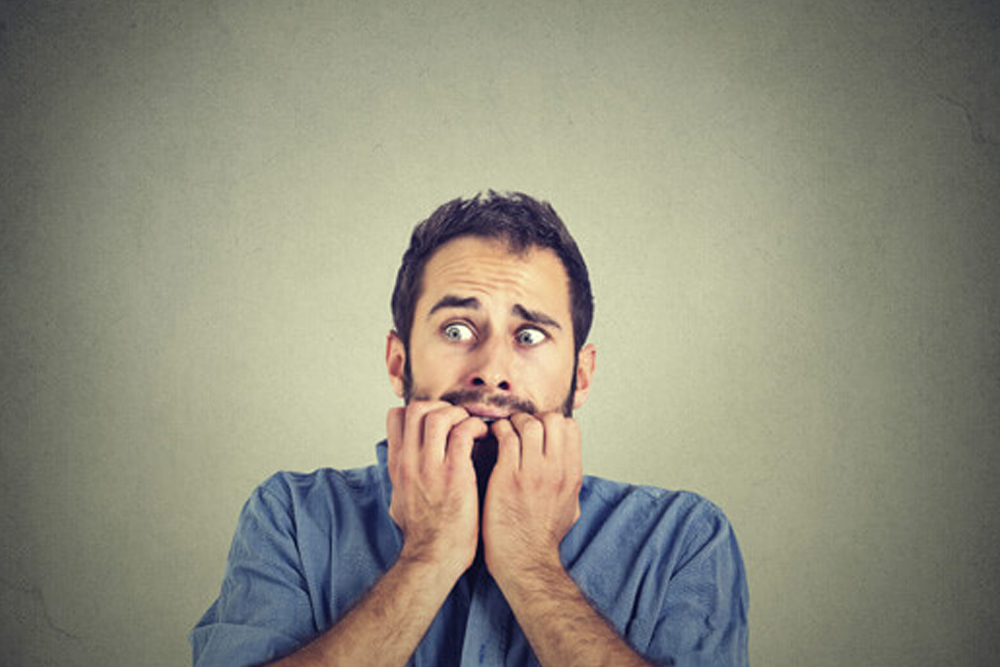When you have both a mental disorder and an issue with substance abuse, you have what’s called a dual diagnosis. The two conditions occur together, and they may make each other’s symptoms worse and more persistent.
Effective treatments for dual diagnosis take on both issues at the same time. If only one of them is treated, the risk of relapse is much higher.
What is relapse?
 Both substance addiction and mental disorders are considered diseases. As such, they can be treated, just like physical diseases. But unlike physical ailments, substance abuse and mental disorders may stay with you for life. You can manage them and even live a sober, normal life.
Both substance addiction and mental disorders are considered diseases. As such, they can be treated, just like physical diseases. But unlike physical ailments, substance abuse and mental disorders may stay with you for life. You can manage them and even live a sober, normal life.
But for many cases, there is no “cure” for mental health issues. Just a few wrong moves and you may find yourself struggling with the same issues yet again. When your mental health issues or substance use comes back after you’ve recovered, that is known as a relapse.
When you relapse, that doesn’t mean recovery has failed. In fact, a lot of people in recovery have reported relapsing. Despite that, you can still get back to living sober.
Slip or relapse?
 It’s important to note that you can still give in to the urge to take drugs during your recovery process. If it happens once, it is not a relapse. Rather, it’s just a “slip.” You could still be committed to following through with the recovery process even after a slip. It happens, as everyone with a substance addiction is vulnerable to drug cravings.
It’s important to note that you can still give in to the urge to take drugs during your recovery process. If it happens once, it is not a relapse. Rather, it’s just a “slip.” You could still be committed to following through with the recovery process even after a slip. It happens, as everyone with a substance addiction is vulnerable to drug cravings.
A relapse, on the other hand, means that you have completely returned to your addictive behavior after abstaining from drugs for a while. In this case, you often don’t want to go through with recovery anymore. The addiction has taken hold again, so you prefer to take drugs instead of continuing with your treatments.
It’s also possible for you to relapse multiple times, and it’s more common than you’d expect. In fact, statistics show that as many as 90 percent of people in recovery relapse after treatment. More so if they get exposed to their old drug triggers.
What causes relapse?
One common cause of relapse is your environment. Let’s say your family life is filled with stress and negative emotions, which led you to drink alcohol to cope. Eventually, you got addicted to alcohol, and you decided to go to rehab.
After the rehab program was done, you were sent back home. But if nothing changed at home – your family still gives you a lot of stress, and alcohol is readily available – you could experience a relapse before you know it.
Even the slightest trigger, such as seeing a bottle of liquor at home, or meeting an old drinking buddy down the street, can lead to a relapse. Thus, it’s important to change your environment once you’re out of rehab.
If you stay in the same environment that led you to addiction, temptations to drink or use drugs again may be too strong. In that case, it’s better to find a new environment entirely. It could be as simple as disposing of all alcohol at home, or it could be as drastic as moving to another city.
Signs to watch out for
Relapse does not happen instantly. The people around you will observe the following warning signs before it occurs.
 Overreacting to stressful situations (e.g. easily getting angry, being irritable, or losing your temper too quickly)
Overreacting to stressful situations (e.g. easily getting angry, being irritable, or losing your temper too quickly)- Becoming hostile even at the small things that annoy you
- Reminiscing your old addictive habits positively
- Downplaying the impact of your previous addiction
- Getting back in touch with drinking buddies, fellow drug users, or people with similar addictions
- Refusing loved ones who offer help
- Difficulty sleeping
- Distancing yourself from family, friends, and other healthy social circles
- Ignoring aftercare and follow-up treatments
If your loved ones observe any of these, they would have reason to believe that you might have relapsed. Even without direct evidence, like empty drug packets or syringes, these signs are enough to tell others that you could be getting back to your old ways.
When any of these signs show up, it’s wise for your loved ones to show concern. They may tell you to get back in touch with your support groups, therapists, or both. If the relapse is that bad, they may have to stage an intervention to let you know your current condition.
How do I avoid relapsing?
 The most effective way is to change your environment. Once you’re sent home after rehab, make sure there is nothing in the house that reminds you of your old addictive habits. If your former addiction was with alcohol, tell your family to avoid buying alcoholic drinks. If there’s liquor in the house, tell your family to take them out. Also, they must make sure not to leave any bottles of booze lying around. There must be nothing at home that reminds you of your old drinking habits.
The most effective way is to change your environment. Once you’re sent home after rehab, make sure there is nothing in the house that reminds you of your old addictive habits. If your former addiction was with alcohol, tell your family to avoid buying alcoholic drinks. If there’s liquor in the house, tell your family to take them out. Also, they must make sure not to leave any bottles of booze lying around. There must be nothing at home that reminds you of your old drinking habits.
Here’s another possibility. Let’s say you were drinking often in private – in your room, for example. Your room could then be full of triggers, like pictures and other objects that you associated with booze. If your room is still the same now as it was when you were addicted to alcohol, your room itself could be a trigger. Knowing this, ask your family to rearrange your room first. They should remove anything that reminds you of drinking. If this isn’t doable, request for a different room to stay in.
Another risk factor is your old friends who drank a lot. If you see them again, and they invite you for “a few drinks,” this may also cause you to relapse. So, you need to stay away from those old friends. Don’t try to get in touch with them. You may need to block them on your social media accounts. Also, you may have to block their numbers so they can’t contact you anymore. Changing your phone number is another option. That way, only your family and those from healthy social circles can get a hold of you.
